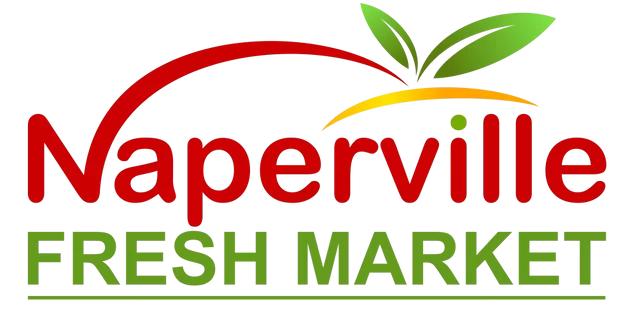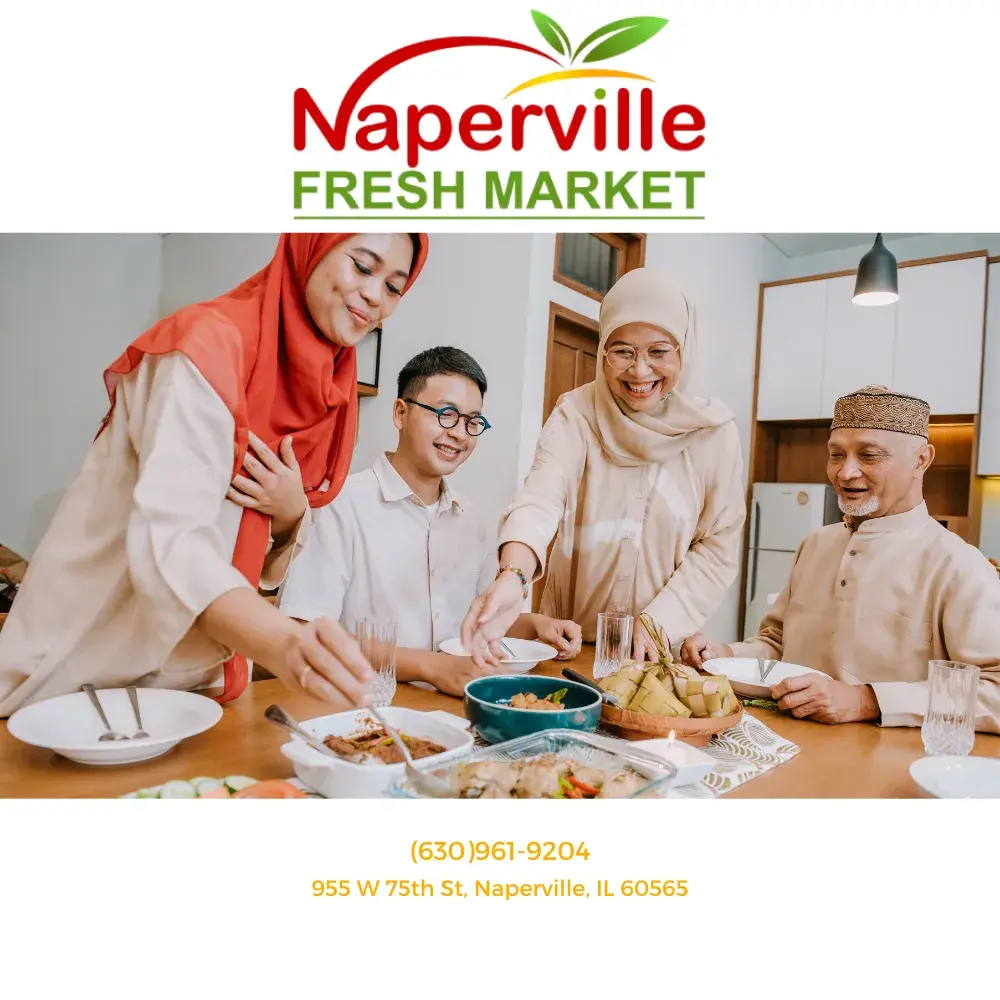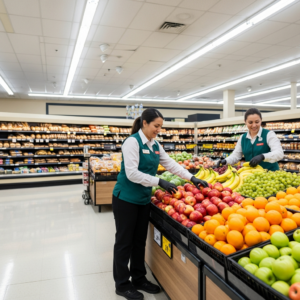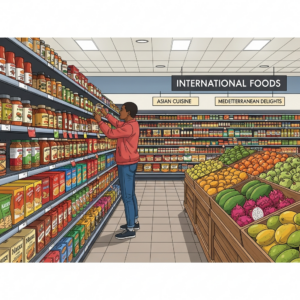The path of halal meat from the farm to market shelves is a meticulous process that upholds both religious and ethical standards. This journey ensures that consumers receive high-quality meat while supporting sustainable farming practices and animal welfare. Understanding this process offers insight into the values that guide halal meat production and the benefits it brings to consumers and communities alike.
Ethical Farming: The Foundation of Halal Meat
The journey of halal meat begins on farms where animals are raised according to strict ethical guidelines. These farms prioritize animal welfare, ensuring that animals are treated with care and respect throughout their lives. Farmers who produce halal meat follow practices that provide animals with proper nutrition, clean living conditions, and humane treatment, reflecting the core principles of halal. This ethical approach not only meets religious requirements but also appeals to consumers who value responsible and sustainable farming.
Careful Processing: Ensuring Quality and Compliance
Once the animals are ready, the process of transforming them into halal meat involves careful adherence to Islamic dietary laws. The slaughter must be performed by a qualified individual who recites a blessing and ensures that the process is swift and humane. This method is designed to minimize the animal’s suffering, aligning with the ethical standards of halal. The meat is then processed under strict supervision to maintain its purity and quality. This careful processing ensures that halal meat meets both religious guidelines and consumer expectations for high-quality products.
Distribution to Markets: Bringing Halal Meat to Consumers
After processing, halal meat is transported to fresh market shelves, often involving a network of local distributors and retailers. These markets play a crucial role in maintaining the freshness and quality of the meat, offering consumers a reliable source of ethically produced food. The distribution process is designed to keep the meat fresh and ensure that it reaches consumers in the best possible condition. By purchasing halal meat, consumers not only support ethical farming and processing practices but also contribute to a supply chain that values transparency and quality.
As the journey of halal meat concludes on market shelves, it represents more than just a food product; it embodies a commitment to ethical standards, animal welfare, and community support. By choosing halal meat, consumers are making a conscious decision to support a food system that aligns with their values and promotes sustainable, responsible practices.
Learn More
Why Choosing Halal Meat Ensures Quality and Freshness for Your Family




